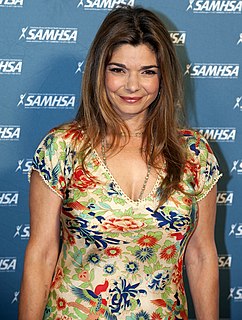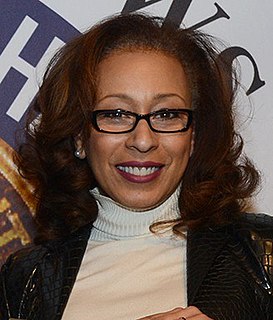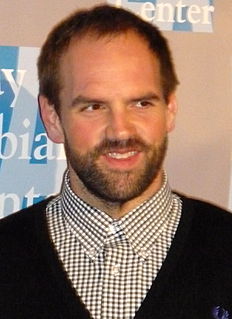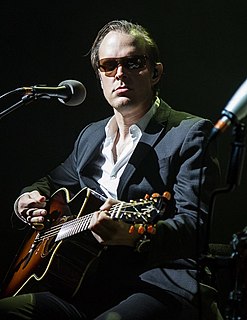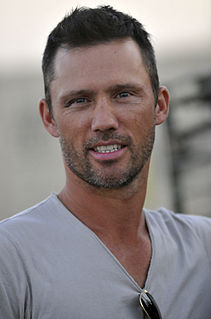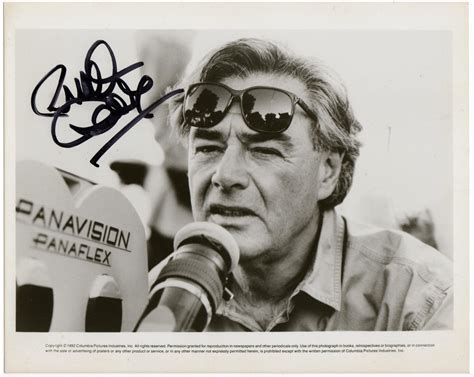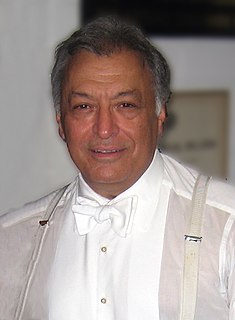A Quote by Laura San Giacomo
I did theater at Carnegie, and in Pittsburgh and New York.
Related Quotes
I think this kind of bohemianism doesn't really exist in the New York city anymore - the bohemianism that I was trying to record in Carnegie Hall that completely defined our culture. The people who lived and worked in Carnegie Hall studios, they defined our culture in music, dance, theater, fashion, illustration. It wasn't so much nostalgic as a celebration of that and an acknowledgment of that and saying that it's really important. And it's actually something that is a loss for the city, I think.
